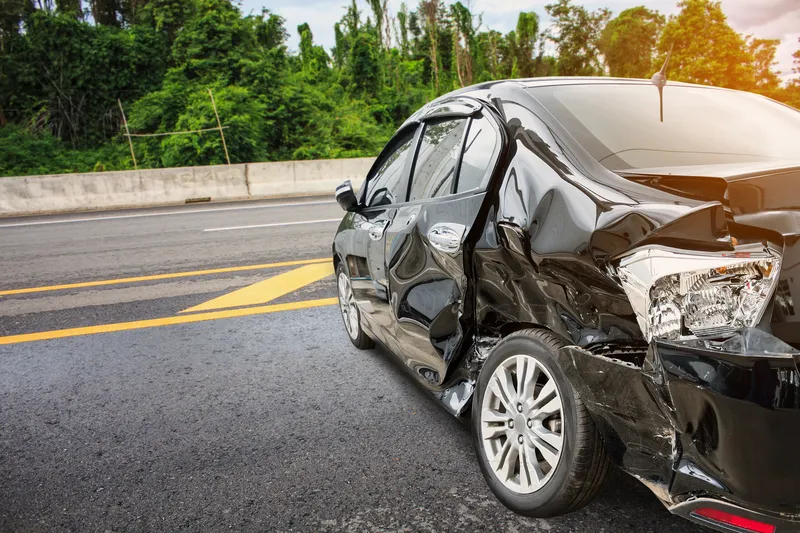An online survey by the University of Michigan Sustainable Worldwide Transportation Department asked American adults about their level of concern with cyber-security of personally owned autonomous vehicles (with and without driver controls) and current conventional vehicles looked at both vehicle security and data privacy.
Within vehicle security, the issues examined were hacking vehicles to cause crashes, hacking by terrorists to use the vehicle as a weapon, disabling many vehicles simultaneously and di
February 8, 2017
Read time: 2 mins
An online survey by the University of Michigan Sustainable Worldwide Transportation Department asked American adults about their level of concern with cyber-security of personally owned autonomous vehicles (with and without driver controls) and current conventional vehicles looked at both vehicle security and data privacy.
Within vehicle security, the issues examined were hacking vehicles to cause crashes, hacking by terrorists to use the vehicle as a weapon, disabling many vehicles simultaneously and disabling the main traffic-management system. Within data privacy, the issues examined were gaining access to data on personal travel patterns and gaining access to personal information not related to travel.
According to the report, Cyber-security Concerns with Self-Driving and Conventional Vehicles, researchers found that hacking of autonomous vehicles with controls is of greater concern than hacking of conventional vehicles. However, hacking of vehicles is of concern even for conventional vehicles.
Respondents also said hacking of autonomous vehicles without controls is of greater concern than hacking of autonomous vehicles with controls. They also expressed more concern about hacking to gain control of vehicles or the main traffic management system than hacking of vehicles to get access to personal information.
Within vehicle security, the issues examined were hacking vehicles to cause crashes, hacking by terrorists to use the vehicle as a weapon, disabling many vehicles simultaneously and disabling the main traffic-management system. Within data privacy, the issues examined were gaining access to data on personal travel patterns and gaining access to personal information not related to travel.
According to the report, Cyber-security Concerns with Self-Driving and Conventional Vehicles, researchers found that hacking of autonomous vehicles with controls is of greater concern than hacking of conventional vehicles. However, hacking of vehicles is of concern even for conventional vehicles.
Respondents also said hacking of autonomous vehicles without controls is of greater concern than hacking of autonomous vehicles with controls. They also expressed more concern about hacking to gain control of vehicles or the main traffic management system than hacking of vehicles to get access to personal information.









